Home
Lehre
Vorlesungen
Sommersemester 2025
Wintersemester 2024/25
Sommersemester 2024
Wintersemester 2023/24
Sommersemester 2023
Wintersemester 2022/23
Sommersemester 2022
Wintersemester 2021/22
Sommersemester 2021
Wintersemester 2020/21
Sommersemester 2020
Wintersemester 2019/20
Sommersemester 2019
Wintersemester 2018/19
IT-Sicherheit
Introdution to Power-Aware HPC
Aktuelles
Inhalte
Termine
Exam
Downloads
Literatur
Kontakt
Parallel and High Performance Computing
Quantum Computing
Sommersemester 2018
Wintersemester 2017/18
Sommersemester 2017
Wintersemester 2016/17
Sommersemester 2016
Wintersemester 2015/16
Sommersemester 2015
Wintersemester 2014/15
Sommersemester 2014
Wintersemester 2013/14
Sommersemester 2013
Wintersemester 2012/13
Sommersemester 2012
Wintersemester 2011/12
Sommersemester 2011
Wintersemester 2010/11
Sommersemester 2010
Wintersemester 2009/10
Sommersemester 2009
Wintersemester 2008/09
Sommersemester 2008
Wintersemester 2007/08
Sommersemester 2007
Wintersemester 2006/07
Sommersemester 2006
Wintersemester 2005/06
Sommersemester 2005
Wintersemester 2004/05
Sommersemester 2004
Praktika
Seminare
Oberseminare
Studentische Arbeiten
Mündliche Prüfungen
Downloads
MNM Team
Projekte
Publikationen
en
Introdution to Power-Aware HPC
Dr. Hayk Shoukourian
This course will be held in English!
Welcome to the course webpage for Introdution to Power-Aware HPC for winter-term 2018/19 at LMU Munich. Here you will be able to find the details on the lecture and the accompanying practical project.
News
03.05.2019
The review of the second exam results is scheduled for Friday, 10.05.2019 from 10:00 to 11:00.05.03.2019
The retake of the exam is scheduled for Monday, 08.04.2019 from 08:30 to 09:30. See the exam section for more details.14.02.2019
The review of the exam results is scheduled for Tuesday, 19.02.2019.22.11.2018
The final exam date is set for Friday, 08.02.2019. See the exam section for more details.22.11.2018
Per kind request of students, on Wednesday, 09.01.2019 there will be a guided tour through the computer building at Leibniz Supercomputing Centre (LRZ) instead of the lecture session in Oettingenstraße 67. We will meet in seminar room 1 (LRZ, 85748 Garching bei München) at 18:15. There will be signs guiding your way to the seminar room once you enter LRZ from the main enterance.Please don't be late, we are going to start the tour at 18:15 sharp.
25.10.2018
At the end of the next lecture on Wednesday (31.10) we will briefly go over the project description one more time, as students have kindly requested. This is particularly helpful for those who have missed the first lecture on 17.10. Please spread the word among the participants.5.10.2018
The room number is 115 in Oettingenstrasse 67.10.8.2018
Welcome to the course webpage Introdution to Power-Aware HPC for winter-term 2018/19 at LMU Munich. Registration will be opened on the 15th of August via UniWorx(NOTE: registration closes on 01.10.2018 at 13:00).
Contents of the lecture
Some of the current High Performance Computing (HPC) systems already consume more than 15 MW of power - a sufficient amount of power for sustaining a small city.
Energy consumption is becoming a dominating factor for the Total Cost of Ownership of many HPC systems, making high-performance design and energy-efficient design in
many ways synonymous.
Apart from the high power bills, power consumptions of these magnitudes act as a limiting factor in building and operating Exascale systems, i.e. next generation of HPC systems that are capable of performing 1018 floating point operations per second. This could already cause the entire
data center's power delivery and cooling infrastructures to breach the safety limits as well as affect the environmental sustainability by producing high carbon footprint.
Therefore, it is important to be preemptive in improving energy/power efficiency of HPC data centers.
This course explores different energy consumption issues in modern HPC data centers, discusses their impacts on the design of new computing systems and presents different strategies that aim to reduce the overall power consumption.
The lecture will cover the main concepts of energy consumption paradigms that should remain valid despite the continuous technological changes in the area.
Upon completion of this course the participants should acquire knowledge on:
- the importance of power/energy-efficiency for modern data centers
- the theory behind a variety of impacts that power dissipation in a CMOS chip has on HPC data centers
- contemporary tools for monitoring different power consumption related metrics
- diverse techniques on energy-efficiency tuning
- power-related challenges for next generation HPC systems
- contemporary resource management and scheduling techniques that are tuned for energy-efficiency
- power variation in homogeneous HPC systems and the potential of possible cost savings
- Intel's Model Specific Registers (MSRs) used for power management support
- principles of various machine learning techniques and their applications for intelligent power management
- high-frequency data collection techniques
- datacenter basics (understand the building blocks of modern datacenters and learn about possible architectures)
Audience
The course is intended for master students of computer science and related fields. The lecture and the project work have a cumulative weight of 6 ECTS.
More formally, in German:
Die Vorlesung richtet sich an Master-Studierende der Informatik. Für die Vorlesung und die Projektarbeit werden 6 ECTS-Punkte vergeben.
The number of students will be limited to 20. The registration will open 15.08.2018 from 8:00 via UniWorx and will close on 01.10.2018 at 13:00.
Prerequisites:
- Python knowledge
- Interest in energy-efficient supercomputing
- Interest in developing machine-learning frameworks
Dates
- Lecture: Wednesdays, 18:15 to 19:45 in room 115 in Oettingenstraße 67. The first lecture is held on 17th of October 2018.
- Guided Tour: Wednesday, 09.01.2019 at Leibniz Supercomputing Centre (LRZ), 85748 Garching bei München. We meet in seminar room 1. The tour will start at 18:15 sharp.
- Exam:
6th February 2019 - Exam: Friday, 08.02.2019, 16:30 - 17:30 in room B U101, Oettingenstraße 67.
Project: "Increasing Cooling Efficiency of a Data Center"
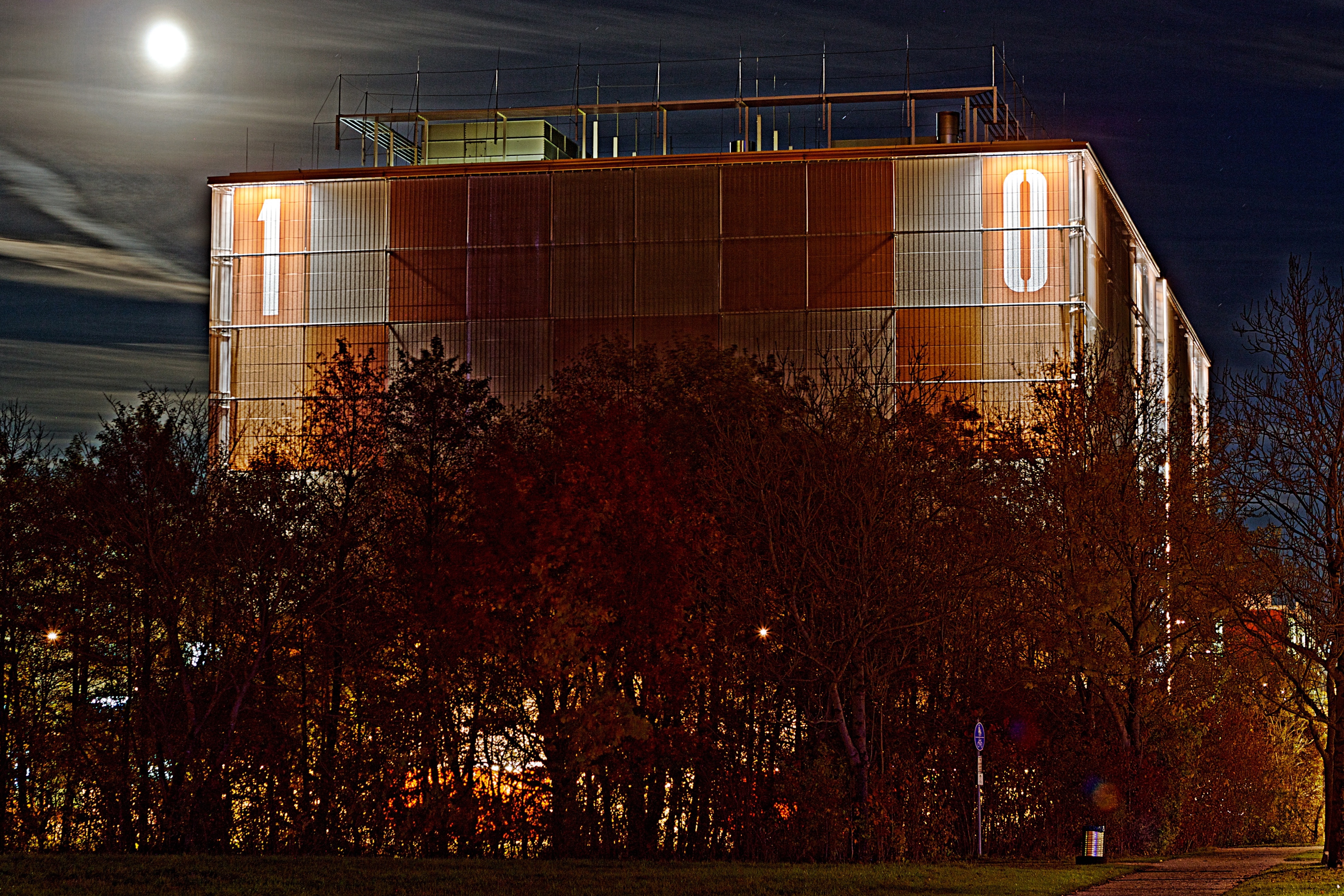
This project aims at building Machine-Learning (ML) based models for predicting the power consumption of a HPC data center's cooling loop. Participants will form groups, where each group will be assigned with an annual operational data obtained at Leibniz Supercomputing Centre (LRZ).
The provided data will contain various sensor measurements from LRZ's building infrastructure.Each group of students would need to analyze the data, design and develop a ML-based model capable of predicting the power consumption of LRZ's warm-water cooling loop.
During this project students will gain an experience that could be applied not only to HPC data centers but also to other domains involving ML-based modeling.
The detailed description of the project assignment will follow during the lecture.
The training data can be found here Project Section.
Exam
There will be a written examination (closed book)DATE: Friday, 08.02.2019
TIME: 16:30 - 17:30
ROOM: B U101, Oettingenstraße 67
Don't forget to register via UniWorx. Registration deadline: Sunday, 03.02.2019
The retake of the exam is scheduled for:
DATE: Moday, 08.04.2019
TIME: 08:30 - 09:30
ROOM: 067, Oettingenstraße 67
Don't forget to register via UniWorx. Registration deadline: Wednesday, 03.04.2019Scripts
Notes are available in the Download Section.
Literature

CMOS VLSI Design: A Circuits and Systems Perspective (4th Edition) by Neil Weste, David Harris

Computer Organization and Design RISC-V Edition: The Hardware Software Interface by David A. Patterson, John L. Hennessy
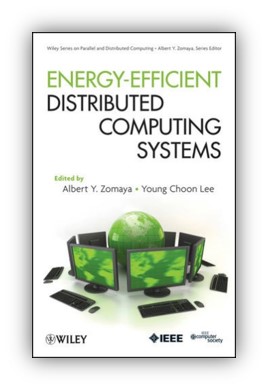
Energy-Efficient Distributed Computing Systems by Albert Y. Zomaya, Young Choon Lee
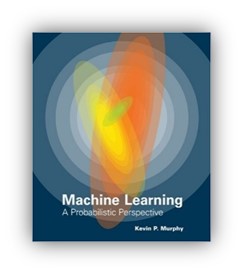
Machine Learning: A Probabilistic Perspective by Kevin P. Murphy
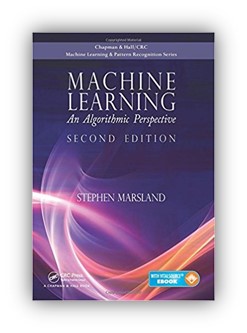
Machine Learning: An Algorithmic Perspective, second edition by Stephen Marsland
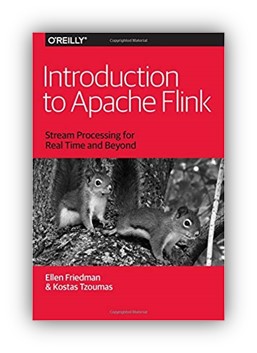
Introduction to Apache Flink: Stream Processing for Real Time and Beyond By Ellen, M.D. Friedman, Kostas Tzoumas
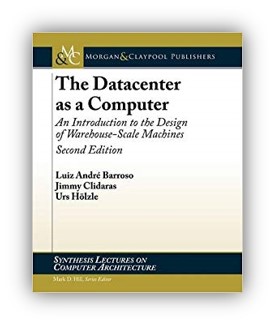
The Data Center as a Computer by Luiz André Barroso, Jimmy Clidaras, Urs Hölzle
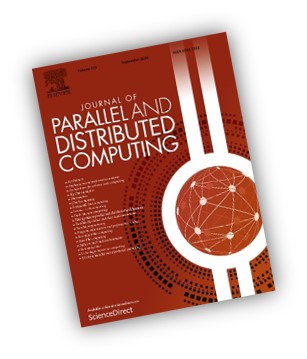
Additional scholary articles: sources will be indicated in the course slides

![[PRINT]](/_images/printer1.png)